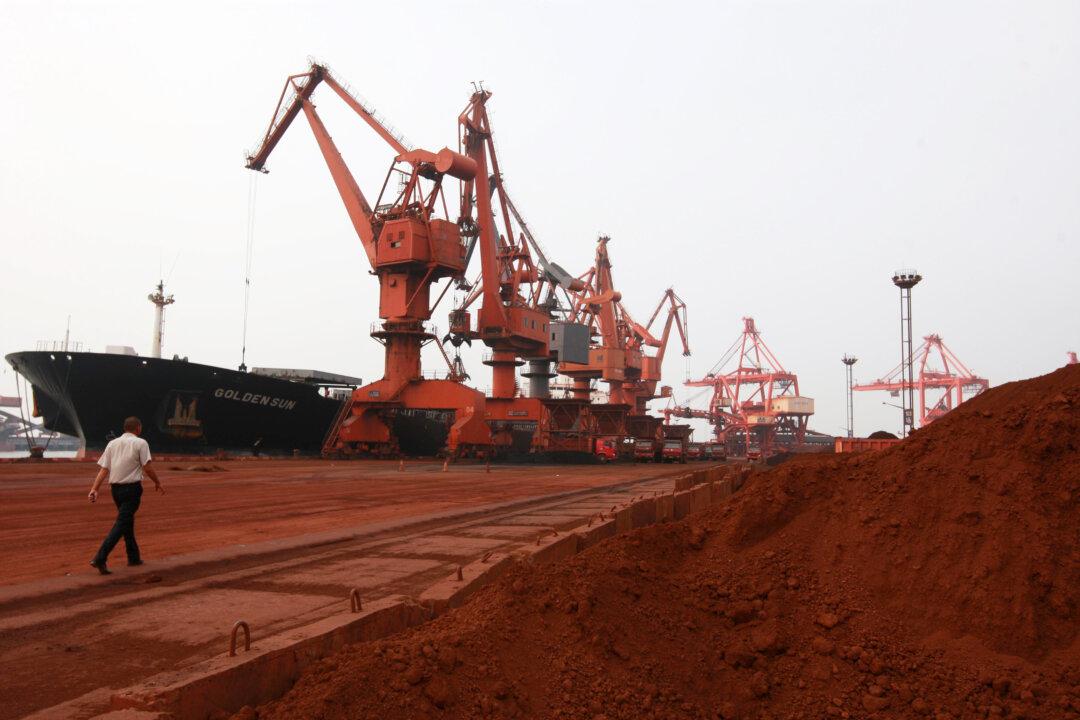After a series of anti-American propaganda followed the latest round of U.S.-China trade talks, the Chinese state media has recently put the spotlight on rare earth as a trade war weapon. Rare earth is controlled by a few Chinese conglomerates, owned by the elite of the Communist Party and those who have close ties to former leader Jiang Zemin.
Rare earth elements are key components in many of today’s high-tech products, from consumer electronics including smartphones, digital cameras and flat screen televisions to modern weapons such as missiles.





